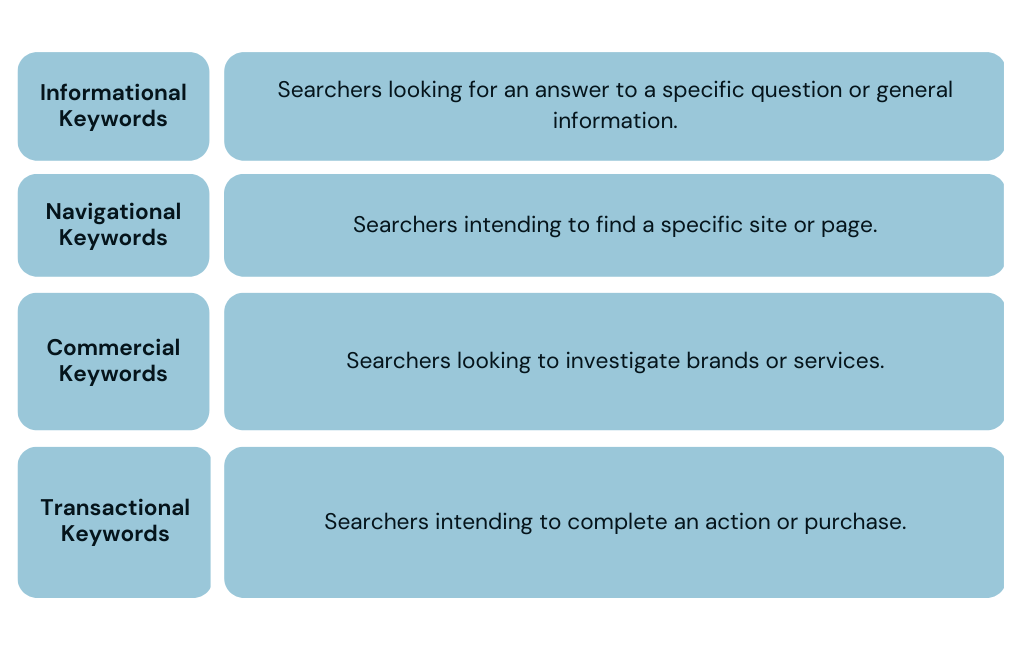Take a look at any “SEO checklist” and you’ll find hundreds of factors you could include in an SEO strategy. It can be hard to know where to start. As you’re evaluating search engine optimization techniques, here are the five most important factors to consider.
Here are the main factors to think about as you’re building your plan of attack.
The best integrated SEO plans are built on a solid technical foundation. Content-focused marketers might be tempted to ignore technical SEO (or at least save it for last). But it’s the cornerstone of high-ranking content.
That’s because search engines have gotten very good at identifying a great user experience. If Google sends a user to a poorly-designed website, the user is less likely to trust Google to provide the best search results. Therefore, if your website has technical issues or inefficiencies, your content won’t rank well, no matter how expertly-crafted it is.
For these reasons, it’s crucial to check table-stakes technical SEO elements like website speed, site structure, mobile-friendliness, and accessibility.
We talk a lot about keyword optimization in SEO. Why are keyword research and optimization so important?
Keyword research is valuable because it’s a kind of prospect research. As marketers, we’re sometimes removed from the audience we’re targeting. Unlike sales or customer service, we don’t interact with our prospects and customers every day. This distance can cause us to drift from research and start relying on assumptions.
Consistently including a keyword research step in your SEO strategy helps you validate your assumptions. It allows you to ask, “What topic is our audience actually searching for? What kind of language do they use when searching?”
A key part of keyword search is identifying search intent. Look at the types of keywords your audience uses. Are they informational, navigational, commercial, or transactional? Then, craft your content using this research.

When it comes to linking strategy in SEO, we sometimes jump straight to backlinks. But on-site interlinking also plays an important role in ranking.
Building links between your own website content helps search engines understand the structure and hierarchy of your website. From Google’s perspective, on-site interlinking passes link equity back and forth between your pieces of content.
Interlinking also improves your website’s user experience by making it easier to navigate. Think about it this way: New content you create is probably related to other content you’ve already published. Maybe the two topics are laterally connected, or maybe one piece is a deep dive into a concept mentioned in the other.
Users who landed on one piece from a Google search may not know about the other piece. It’s important to connect the two via on-site interlinking.
Of course, you can spend all day linking to your own content internally. But there’s a reason why 82% of consumers trust reviews and only 4% trust ads. What other people say about you is simply more credible than what you say about yourself.
That’s why building backlinks is one of the most important off-page SEO factors. Search engines view backlinks as a sign that others have found your content helpful.
If your strategy is to publish excellent content and sit back as the backlinks flow in, you’re missing opportunities. There are sites out there with an audience that would love your new content. But that publisher likely won’t find your content without a friendly introduction.
Last but certainly not least, let’s talk about content. Great content can’t accomplish your SEO goals by itself. But it’s a vital component of your strategy. If you don’t get content right, the other factors we’ve discussed won’t matter.
What makes content helpful in the eyes of search engines? We don’t have to take a shot in the dark to answer this. Google has shared that it uses its E-E-A-T framework to judge content’s quality.
Publishing helpful content is the bread and butter of on-page SEO. Let’s dig a bit deeper into these concepts.
Improving on-page SEO factors can boost your content’s chance of ranking at the top of the SERP. Here are the three most important SEO ranking factors for your content.
There are many ranking factors in SEO. Here are the three most important for writing content.
Your content should be:
As you develop an SEO marketing strategy, focus on the five SEO factors we’ve discussed. There are lots of optimization opportunities in each of these areas. But having a roadmap will help you ensure you’re putting your effort and resources toward a well-rounded strategy.